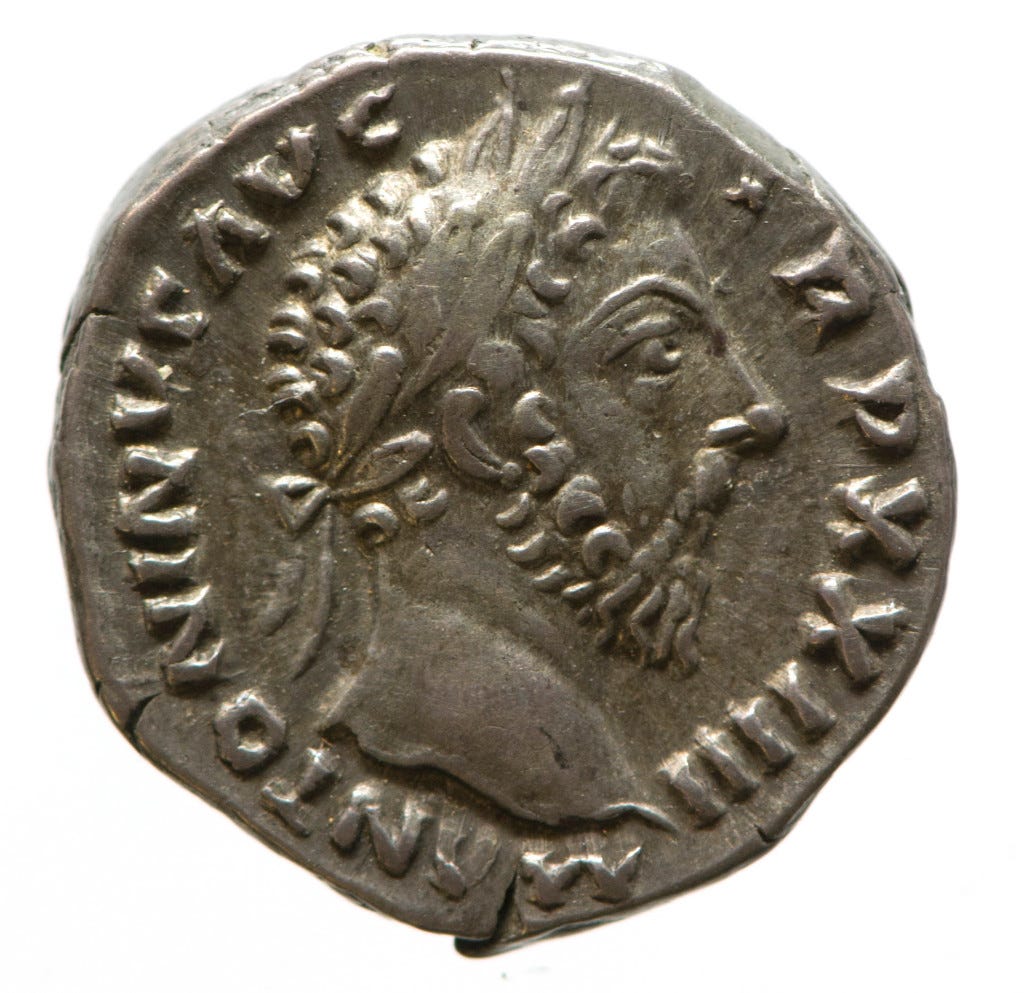A Long Read: Meditations on Christianity

Happy Friday! (Fair Warning: This is a long'un!)
I've always been somewhat in awe of Christianity: two millennia of earnest study on the nature of being and how to live the good life - all based on one book. And there is plenty of good in the Good Book. Like Mark Twain said:
[The Bible] is full of interest. It has noble poetry in it; and some clever fables; and some blood-drenched history; and some good morals; and a wealth of obscenity; and upwards of a thousand lies.
I like the stuff about looking after the poor, being nice to strangers and how we're all going to die in an abomination of desolation during the days of vengeance. It's a compelling narrative.
It's just always struck me as a bit of a shame that religion in general and Christianity in particular has operated such a monopoly over morality, meditation, charity, prayer, compassion and community in our society.
Looking after the poor and being nice to strangers - these are good ideas. I also think it's a good idea to approach death without fear and to surrender oneself to the heavens and the almighty.
Equality between all the peoples of the earth and that business about the rich man having a bugger of a time getting his camel into heaven. All good.
But why do we need all that nonsense about the Son of God, Satan, Archangels and actual places called Purgatory and Paradise? That is a right turn off. Let alone the nauseatingly outdated morality with regard to homosexuals, women and slaves.
No, no and no. I can't swallow any of that - not even if you dress it up as "metaphor". I'm looking at you, Church of England.
So, a dilemma. How to keep the good bits, without the bad bits leaching in as well?
Turns out: Graeco-Roman philosophy.
We all know about how the early Christian Fathers co-opted Graeco-Roman festivals to win support for their nascent cult, including Christmas (Mithras' birthday) and Easter (the rebirth of Attis, lover of Cybele). I just never realised that all their best moral philosophy was stolen as well.
(And this is bearing in mind that I studied Ancient Greek history at university... What was I doing?)
Of course, it makes sense when you think about it for more than two seconds. Ways of being - complete systems of morality - don't appear overnight. There was no Revelation.
It's seductive to think of Jesus' birth or John the Apostle's first scribblings as The Beginning. 2,000 years is a long time, after all. But there were 10,000 years of recorded history alone before those guys ever hit the scene.
It's baffling that anyone believes they were somehow the first to come up with be nice to strangers. The answer is simple: they didn't. They borrowed it all from the dominant cultures of the time: Greece and Rome.
In fact, John the Apostle made this loan explicit in the opening lines of what is probably still his most famous book:
In the beginning was the Word, and the Word was with God, and the Word was God. The same was in the beginning with God. All things were made by him; and without him was not any thing made that was made. In him was life; and the life was the light of men.
We all know it. Even us heathens. But I'd never bothered to ask: what is the Word? Well, John goes on to explain that the Word was Jesus.
And the Word was made flesh, and dwelt among us, (and we beheld his glory, the glory as of the only begotten of the Father,) full of grace and truth.
A Word was made flesh. That's weird - unless we're talking Sesame Street.

Okay cool. The Bird is the Word.
And I think even John the Apostle would have though this was weird. Words don't become flesh, even in Christianity. So what is The Word? If you look again at the original Greek, the word isn't the word, it's the logos.
Logos caaaaan be translated into English as "word", but that's to completely overlook the long and meaningful history logos had as a technical term in Graeco-Roman Stoic philosophy. For the Stoics, logos meant nothing less than "the divine animating principle pervading the Universe" (thanks Wikipedia). Logos was order, rationality and knowledge.
The logos was unequivocally not "God". The logos didn't care what you did with your life and didn't take sides in a war between good and evil. There was manifestly no logos made flesh and, if there had been, his name wouldn't have been Jesus. It would have been Socrates or Zeno or something Greek.
But the Stoics didn't go there - because that way madness lies. An animating principle can't itself become animate: that's like saying there's a Marvellous Gravity Man dashing around the world making apples fall off trees.
Essentially, what John is doing in that iconoclastic opening passage is saying this to the Graeco-Roman world:
"You know the foundation of all your philosophical beliefs and morality?"
Yes.
"Well, that's what we call God."
Fine, we can all deal with that translation: God-Logos, no problem.
"Oh and He had a son who walked the earth."
He? What?!
"We can introduce you if you like? He does a bloody good wine."
Erm...
What looks to modern readers like a mysterious stonker of an opening gambit, was actually a brazen act of philosophical appropriation.
So what happens if we stop at John 1:1, chuck out the following 31,101 verses of the Bible, and go back to their original source, the Stoics?
As I've been learning, something quite cool: a way of living that is both full of good ideas and doesn't force the reader into selective scientific and moral blindness.
Marcus Aurelius' Meditations is a collection of thoughts that the Roman emperor never meant to be made public. It's like going through a friend's private diary, if that friend made loads of sense all the time. Pick a verse at random (as I did earlier today) and you find thoughts like this:
(Pro Tip: Stand up and declaim these words to the assembled company.)
Many of the anxieties that harass you are superfluous: being but creatures of your own fancy, you can rid yourself of them and expand into an ampler region, letting your thought sweep over the entire universe, contemplating the illimitable tracts of eternity, marking the swiftness of change in each created thing, and contrasting the brief span between birth and dissolution with the endless aeons that precede the one and the infinity that follows the other. (Meditations 9.32)
This sentence (yes, it's just one beautiful sentence) is made all the more powerful by the fact that it doesn't claim to have been uttered by God or the Son of God or even by one of his Disciples, but by an ordinary man full of self-doubt, ugliness and failure.
Yes, he was Emperor of Rome, but he could also be a bit of a twat. One example: during his reign persecutions of religious minorities increased.
Particularly Christians...
_______
If you're interested in reading more on the history and thought of the Stoics, I can heartily recommend anything by Pierre Hadot. Or just pick up a £3 second hand copy of Epictetus, Seneca or Marcus Aurelius. It's all there, waiting.
If you're wondering what good ideas are in the Bible, then check out the Skeptic's Annotated Bible. Superb scholarship: author Steve Wells counts 260 good verses out of 31,102.
_______
And with the hour hand ticking past ten, I'll leave it there. I hope you enjoyed this diversion into exegesis. I think it's somehow important to remove the refracting prism of Christianity and share the light of good philosophical ideas.
There is no such thing as novelty; all is as trite as it is transitory. (Meditations 7.1)
Till next time, fate permitting!
- dc
p.s. Life To The Lees: Cycling Around Britain is still merrily asale.
p.p.s. Oooh... You can forward this email to a friend!
*|FORWARD|*
www.davidcharles.info


